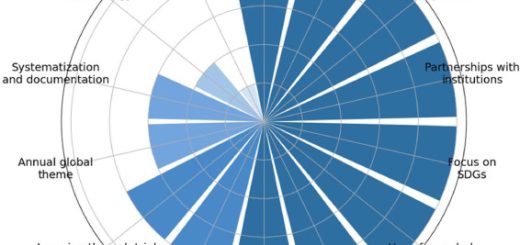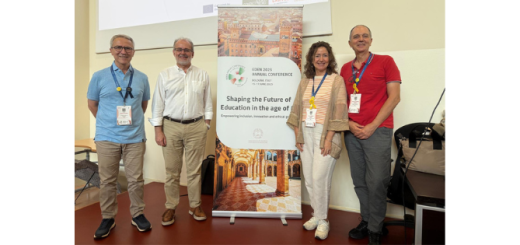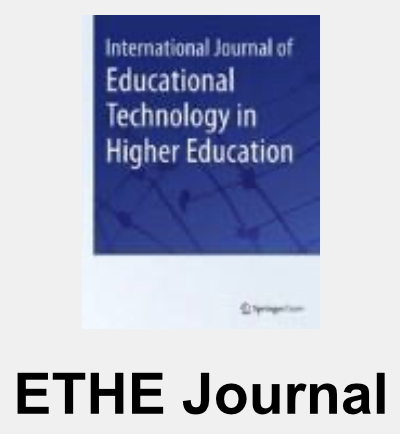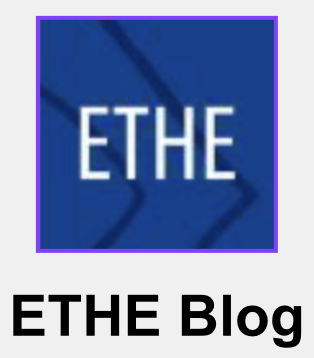Josep M. Duart Joins the Kick-Off Meeting of the “Well-Being in Digital Education Ecosystem” (WINDEE) Project in Lithuania
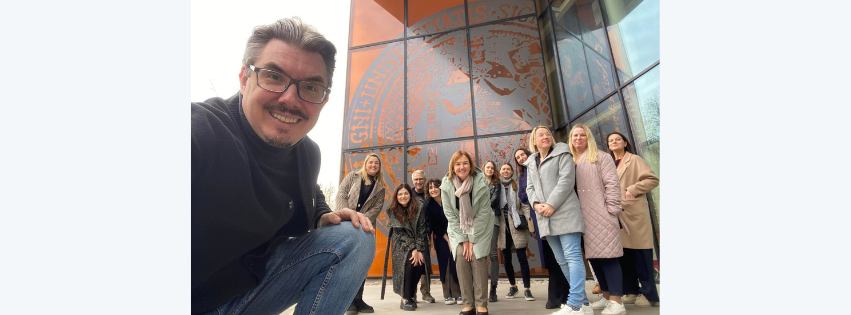
On April 1st 2025 took place at the Vytautas Magnus University the kick-off meeting of the “Well-Being in Digital Education Ecosystem” (WINDEE) at Vytautas Magnus University in Lithuania. Josep M. Duart (Edul@b Research Group, Universitat Oberta de Catalunya) joined the meeting alongside consortium partners from all over Europe.
WINDEE Project (2025-2028) aims to research on the well-being of students and educators in digital education in order to implement systemic policy changes. The consortium is formed by Vytautas Magnus University (Lithuania), EDEN Digital Learning Europe (Estonia), Educraftor (Finland), EUN (Belgium), Universitat Oberta de Catalunya (Spain), Knowledge Innovation Centre (Malta), National Agency For Education (Lithuania) and Tallinn University (Estonia).
Learn More About WINDEE Project
The well-being of students and educators in digital education is crucial. Our policy experimentation project addresses the lack of understanding, strategies, and coordinated policy efforts in this area. We build evidence, create solutions, and conduct experiments to refine and implement systemic policy changes. The project begins with comprehensive evidence building through research, assessment, and policy mapping on digital well-being. We then develop Digital Well-being Framework, integrating:
a) Person-specific factors including digital competences and health considerations.
b) Context-specific factors involving educational environment, learning design and school culture.
c) Device-specific factors pertaining to the types of digital devices and best practices for safe and balanced use.
The Digital Well-being Framework provides principles for responsible technology use and strategies for creating balanced digital learning environments. It includes practical recommendations for selecting technological solutions well-suited for learning design. We test the Digital Well-being Framework through experimentation in real-world educational settings. This iterative process refines our strategies, ensuring they are effective and relevant. Ultimately, we influence educational policies at regional, national, and European levels. By creating evidence-based policy recommendations and fostering systemic change, we strive to embed digital well-being into every classroom.

